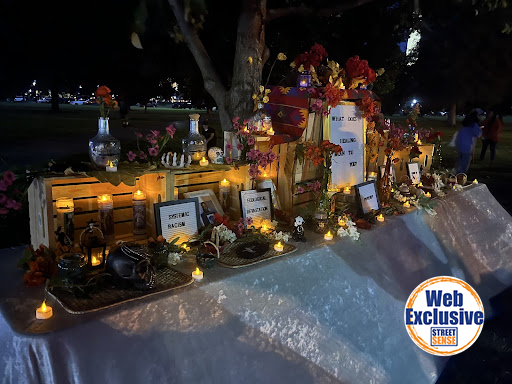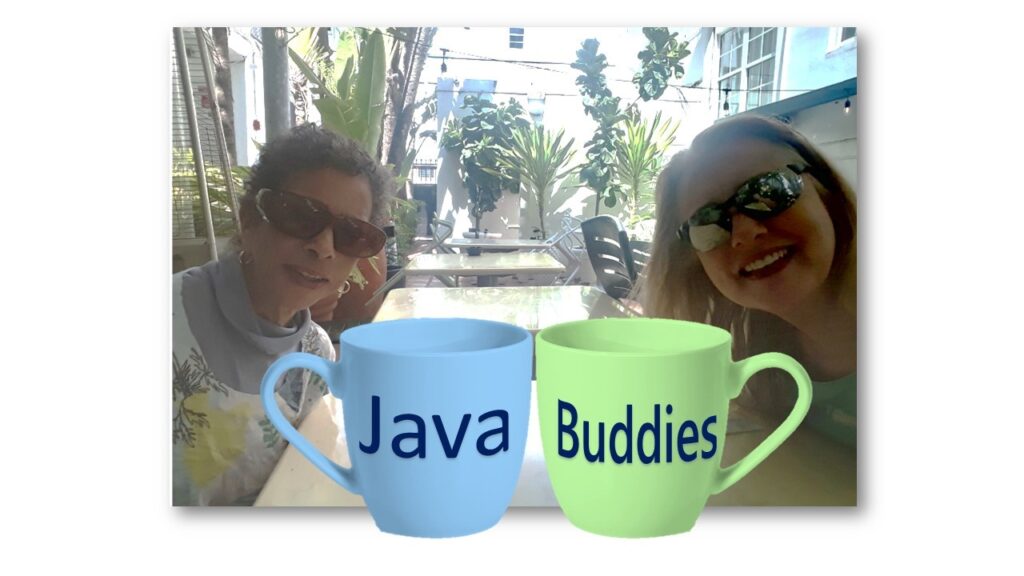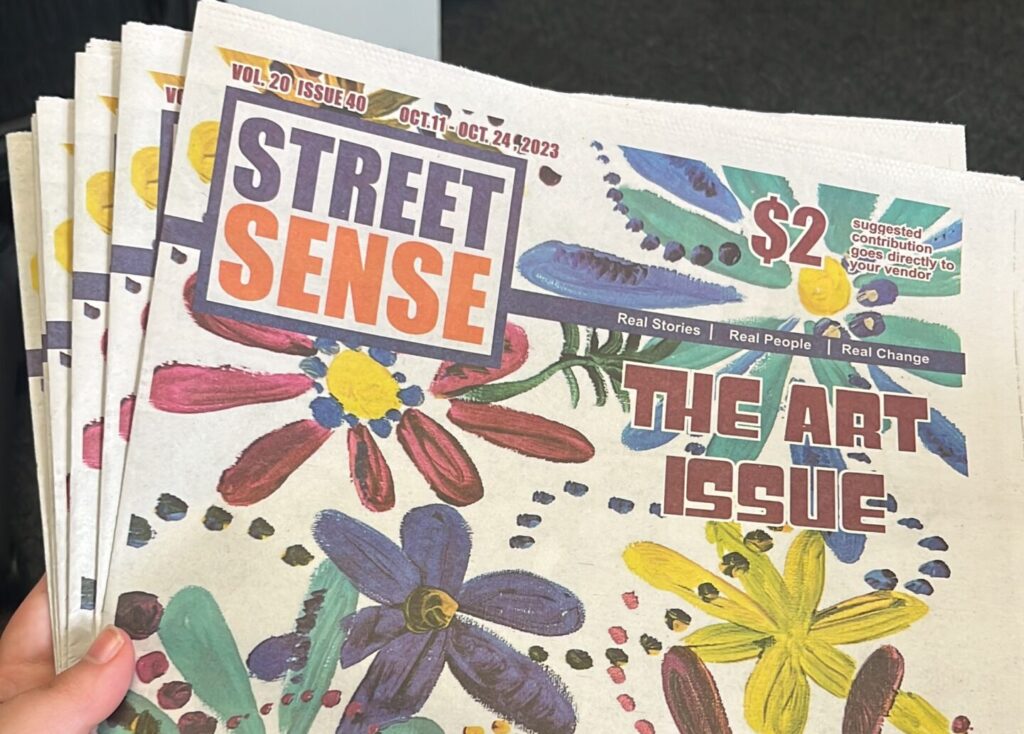Two separate groups hosted events in the District on June 17 to draw attention to the growing number of low-income and people experiencing homelessness who died or have been harmed throughout the pandemic.
The Poor People’s Campaign, a collective movement advocating on behalf of low-income communities, hosted a vigil at the Lincoln Memorial to honor the lives of people who died during the pandemic because of a lack of access to healthcare and shelter. Afterward, the National Coalition for the Homeless took to a different stage a few blocks away to host a vigil for those affected by encampment sweeps.
The events preceded a June 18 Poor People’s and Low-Wage Worker’s Assembly and Moral March on Washington to bring attention to issues like health care, housing and gun violence that disproportionately impact low-income people. The march attracted over 1,000 attendees.
The pandemic has been especially deadly for people experiencing homelessness; the Guardian reported in February that 18,000 Americans who lived in encampments, on sidewalks or in shelters died over the course of five years, with 5,000 in 2020.
Donald Whitehead, executive director for the National Coalition for the Homeless, said at the first rally at the Lincoln Memorial that the common perception that homelessness is a result of immorality is incorrect — in actuality, the real cause of homelessness is the indifference of the federal government. Many at the rally felt the federal government’s lack of action led to the deaths of many.

“We have a federal government that does nothing about (homelessness) because they’ve made you believe that people are homeless because of their immorality,” Whitehead said. “People are not homeless because of immorality. They’re not homeless because they want to be. They’re homeless because we live in a country that does not care.”
The Poor People’s Campaign vigil
Denita Jones from the Texas chapter of the Poor People’s Campaign said that after many people died from an inefficient American health care system and the COVID-19 pandemic, it was time to collectively mourn.
“It’s time that we are wailing and crying and lamenting together because having prayers without action is just empty words,” Jones said.
Speakers at the rally touched on several other issues including gun violence and racism, and discussed their intersections with poverty, homelessness and the pandemic.
Jones spoke about Governor Greg Abbott’s response to the recent shooting in Uvalde. Abbott — who has passed several pieces of legislation in favor of loosening gun legislation — has shifted the conversation away from gun violence and toward mental health in the wake of the Uvalde shooting. According to a study published by the National Center for Biotechnology Information, the “risk of violence associated with serious mental illness alone was found to be only 4%.”
“The people who put you there, we will have to continue to have these vigils and marches and rallies until somebody hears us. Our pain is real pain. I deal with it daily and it’s not okay. It doesn’t go away. We have to do something because they sure in the hell are not,” Jones said.

Afterward, attendees were invited to light an electric candle for those they had lost and add their loved ones’ names to a large memorial wall honoring those who had died.
The National Coalition for the Homeless vigil
Speakers and advocates for the homeless community — including Dr. Ranji Shankar-Brown, president of the National Coalition for the Homeless and professor and Endowed Chair of Social Justice Education at Stetson University — then attended a candlelit vigil blocks away that featured those impacted by encampment sweeps.
Shankar-Brown said that encampment sweeps, which displace homeless communities and often destroy their property, are connected to systemic issues of racism and sexism that enable poverty and impact marginalized communities.
“Black and brown communities are significantly experiencing homelessness at higher rates, evictions at higher rates, being harassed at higher rates, experiencing more hate crimes and deaths,” she said.

Shankar-Brown also emphasized how debilitating the pandemic has been for low-income and homeless communities, and encouraged advocates to acknowledge the intersectionality of struggles such communities often experience.
“We are calling on people to mobilize in their communities, to stand up for our brothers and sisters and fellow human beings, to ask for housing justice and to recognize intersectional connections,” they said. “We have a severe lack of affordable housing, lack of public health care, environmental racism that is at an all-time high — and is disproportionately connected to health care as well.”
While change requires a mindset shift on a personal level, Shankar-Brown said, it will also rely on tangible changes to policy infrastructure.
“We are calling for radical empathy, for people to open their hearts, their minds, their spirits, for us to share resources, but ultimately for systemic structural policy change that invests in long-term infrastructure of housing, because everybody deserves safe, affordable housing.”








